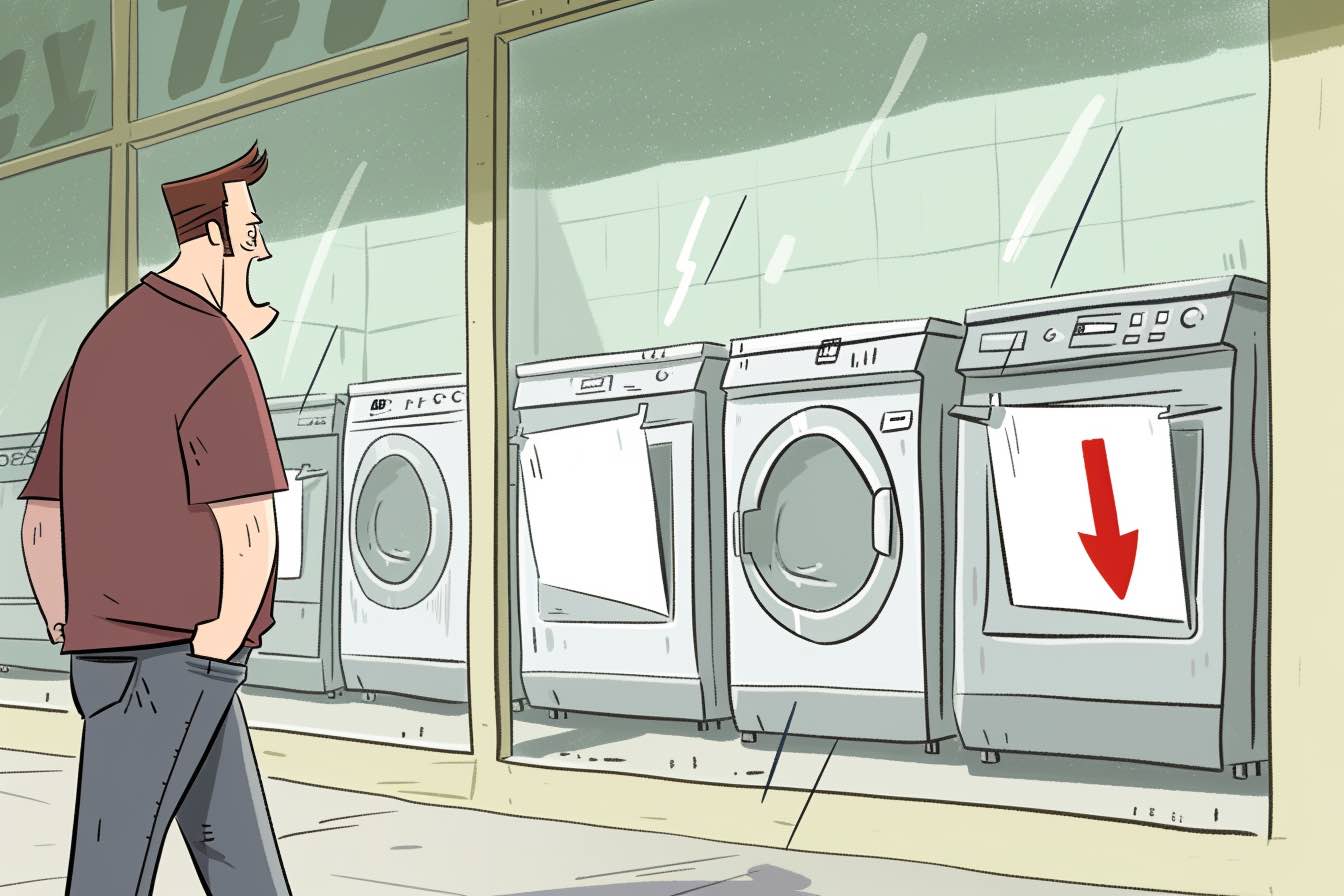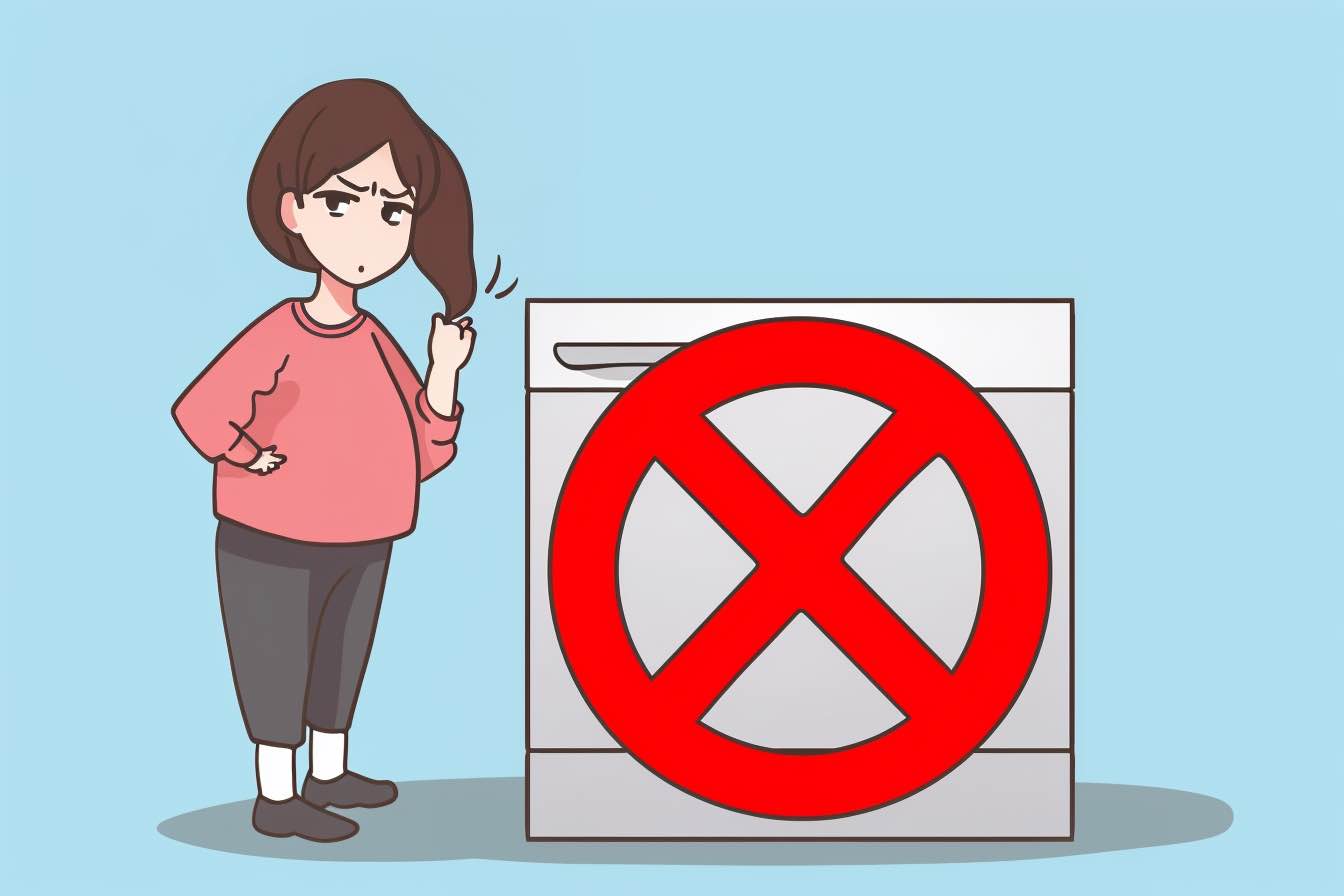Although Vivian Olds’ customer-service problem is pretty common, the solution isn’t.
This spring, she made a reservation at an independent motel in South Lake Tahoe, Calif. If you’ve ever been to this part of California, you probably know that it’s beautiful, but that the quality of accommodations can be variable.
Olds reserved a room at a hotel that was on the not-so-good side of that variable. She prepaid $148 for a motel that, once she tried to check in, she discovered was “totally unsuitable.”
“It was dirty,” says Olds, a teacher from Wadsworth, Nev. “The lobby was a mess. Stale pastries were on a dirty counter. None of the amenities were available.”
Parenthetically, there’s no excuse for running that kind of hotel. None at all. Olds quickly concluded she couldn’t stay at the property with the two other members of her party, so she told an employee working at the front desk she would take her business elsewhere. And the employee, a man name Ralph, assured her she’d get her $148 deposit back.
A month later, Olds contacted me through my consumer advocacy website. Seems her refund was missing in action. Could my advocacy team and I help her retrieve it?
Did you ask?
My immediate response: Did you get that promise in writing?
Turns out she only had Ralph’s verbal assurances, made as she was hastily leaving the hotel, to go on. That meant something to her and to me, but unless she had a written promise, it would be meaningless to the hotel and to her credit card — and that mattered. (A written promise of a refund can be interpreted as a credit memo by your bank, and may be useful in the event of a credit card billing dispute.)
“I would strongly recommend that you start a paper trail,” I told her. “Resolving this will be much easier if you have a written record.”
By the way, none of this should be necessary. If a business promises you a refund, you should get it without any further efforts on your part. Fortunately, that’s usually what happens. But not always. In Olds’ case, the hotel was operating under bankruptcy protection (gee, I wonder why?) and for all we know, Ralph might have been fired the next day.
Asking … and receiving
You know the saying: Ask and you shall receive? When it comes to customer service problems, people forget. You have to ask if you want to receive something. And by “ask” I mean ask in a way that can be verified, using a letter, email or online chat that can be saved.
Talk is cheap.
Here are a few “asking” secrets that are often forgotten by customers:
Get it in writing
When Olds received a verbal promise of a refund, she might have politely asked Ralph to offer her something in writing. Even a handwritten note on the hotel’s stationery would have been helpful. (Even more helpful: A receipt for $148 to her credit card). No one should assume that the business won’t do what it says, but it’s nice to have a backup, just in case.
Follow up with a polite witten message
Make sure you get names, titles and addresses when you have a refund request. Then, follow up with a polite email, reviewing the conversation. Some larger businesses, for example, will offer a confirmation for a refund. It’s important that you get that soon, and a polite email is the way to secure that information.
Ask your bank, too
If it looks like the business is dragging its feet, you’ll want to call your bank. You have important rights under the Fair Credit Billing Act, but only a limited time to file a dispute. Having an email or letter from the business makes fixing this far easier. Also, if Olds had waited too long, the hotel may have gone under, and she’d never be able to collect a penny from it. (Here’s our guide to resolving your consumer problem.)
By the way, after Olds contacted me, she followed my suggestion and sent a letter to the hotel. A manager contacted her and processed her refund, just as Ralph had promised.
I love a happy ending. Sometimes, all you have to do to get one is to ask.




